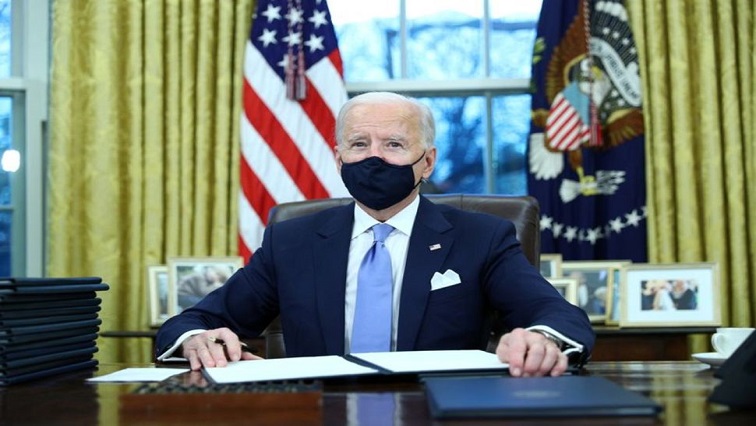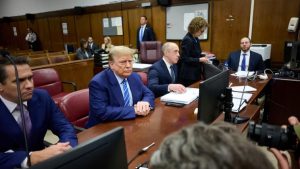The ink has hardly dried on the paper newly-elected US President Joe Biden has signed and the similarities – instead of differences – with his predecessor Donald Trump are as clear as day-light.
He ascended to power on the ticket of undoing all the “damage” former President Trump caused his country. One of the first executive orders he signed in his first ten days in office was to overturn Trump’s order outlawing trans-gender individuals from serving in the US army. There is strength in diversity, the new president believes.
But talk can be easy. President Biden took many observers by surprise when he whole-heartedly embraced Trump’s America-first protectionism. Political analysts and economists had expected a new approach to international trade and investment. But they did not anticipate a Biden administration cozying up in any way, shape or form to the notion of Trump’s mantra of making “America Great Again”.
The fact that now the White House has categorically stated that is opposed to willy-nilly opening up international markets for US companies” paint an unexpected picture of the new administration.
It seems like the more things change, the more they stay the same.
Throughout the history of American politics, there has been very little difference between the Democrats and Republicans in the way either party dealt with the outside world.
Yes, Trump was abrasive, rude and lacks the sophistication of a career politician such as Biden. But history will show that Washington’s foreign policy has been consistent in its hostile attitude to perceived enemies and starting wars never too far away.
The unilateral invasion of Iraq in 2003 during the presidency of Republican George W Bush was followed by the illegal killing of Libya’s Muammar Gaddafi under the watch of Democratic President Barrack Obama.
I paint this illustration to drive a point home that irrespective of who is in office, Americans have always operated a political system of protectionism to their firms and businesses. Trump’s long-running trade war with China is unlikely to end simply because of the new Sheriff in town. The emergence of China as a superpower is a cause of grave concern in Washington circles. To counter its emerging prominence, attacks on China’s tech giants such as Huawei and outlawing the company’s operations in leading global markets is a dare-devil, bullying tactics laced with military threats.
Trump himself passed several executive orders against Russia in the wake of relentless accusations by the Democrats that he ascended to power amidst Moscow’s interference in the 2016 elections. It was as if to show, to prove that he was not in Moscow’s pocket to assuming a constantly increasing hostile posture toward Russia.
I suspect that although the Democrats’ mistrust of the Kremlin dates back to the Cold War and has continued unwaveringly, President Biden may choose diplomacy over confrontation in his bilateral relations with Russia.
The jury is also still out on how President Biden will deal with the elephant in the room – Iran. Trump was a whisker away from pulling the trigger on Tehran, and it took a great chorus of international appeal to him to give peace a chance.
America’s foreign policy has been quite dodgy for all to see. A more recent example was when the Trump administration offered to recognize Morocco’s sovereignty over Western Sahara in clear contravention of the UN resolution 3292 of 1975. This, Washington did in exchange for Morocco normalizing relations with Israel, a key ally of any US administration in office.
I have previously argued that America’s cantankerous foreign policy lacks moral uprightness. It is based on selfish domestic considerations than the greater concerns for world peace and humanity in general.
In his recent book, “Poisoning the Pacific: The US Military’s Dumping of Plutonium, Chemical Weapons, and Agent Orange” John Mitchell, a British investigative journalist based in Tokyo, paints a sad picture of massive air pollution caused by chemical weapons from the US military bases.
Mitchell explains the big dilemma for the Japanese in their own land: “The US has a total jurisdiction over who can enter its bases, so Japanese officials can’t even sample the water on the bases.”
This is a reality of the world’s most powerful economy. It abuses such power in pursuit of partisan objectives and very rarely can anything stop it in its wake as it is an unstoppable force. Hopefully, things could change. But then, as we’ve already taken note of, it seems like the more things change, the more they stay the same.





